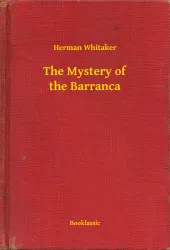Herman Whitaker's 'The Settler' is a narrative woven with the spirit of adventure and the pursuit of progress emblematic of the North American Western genre. Set against the backdrop of pioneering Canadian landscapes, it is a tale of determination and human endeavor, underscored by vivid character interactions and challenges. Whitaker's literary style is characterized by a rich, descriptive voice and a keen ability to evoke the rugged environs of his setting. Within the literary context, 'The Settler' resonates with the era's fascination with expansion and the untamed frontier, situating itself among the works that capture the essence of the early 20th-century zeitgeist.
Herman Whitaker's own experiences are palpable through the authentic details and compelling narrative of 'The Settler'. His nuanced understanding of the complexities of frontier life suggests a deep personal engagement with the themes of wilderness, isolation, and community building. It is likely his own observations and life stories that infuse the prose with its particular realism and pathos, culminating in a tale that not only entertains but also offers insights into the human condition.
'The Settler' is a recommendable read for those who appreciate historical fiction and tales of the human spirit. Its engaging plot, combined with Whitaker's skillful storytelling, provides readers with an invigorating experience of the Western genre. Both scholars and casual readers looking for an immersive journey into the trials and tribulations of frontier life will find value in this well-crafted novel.

